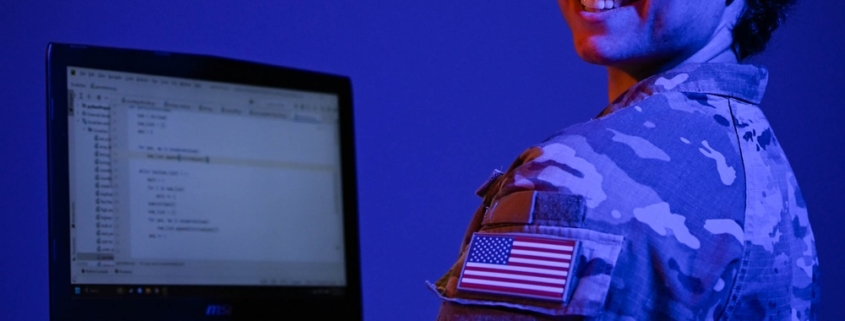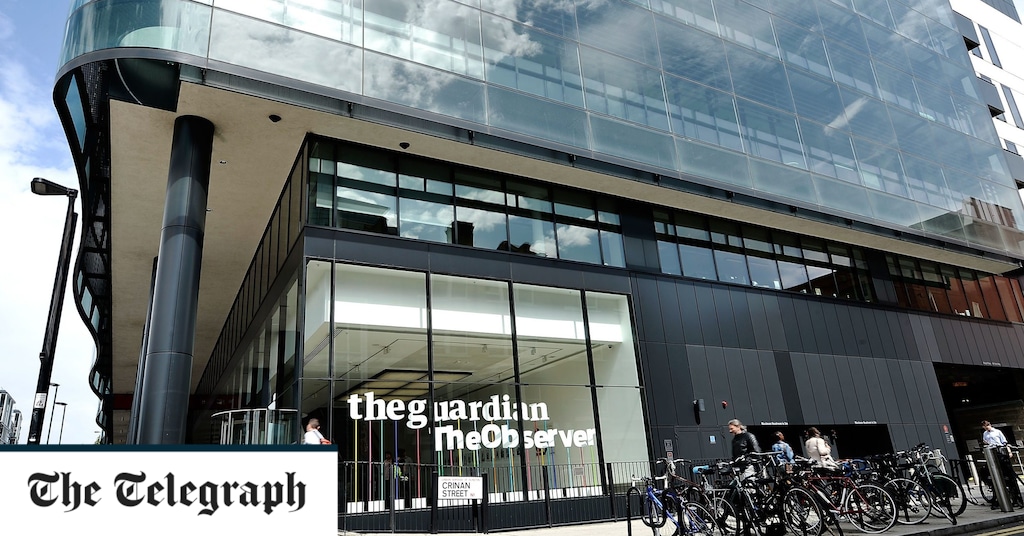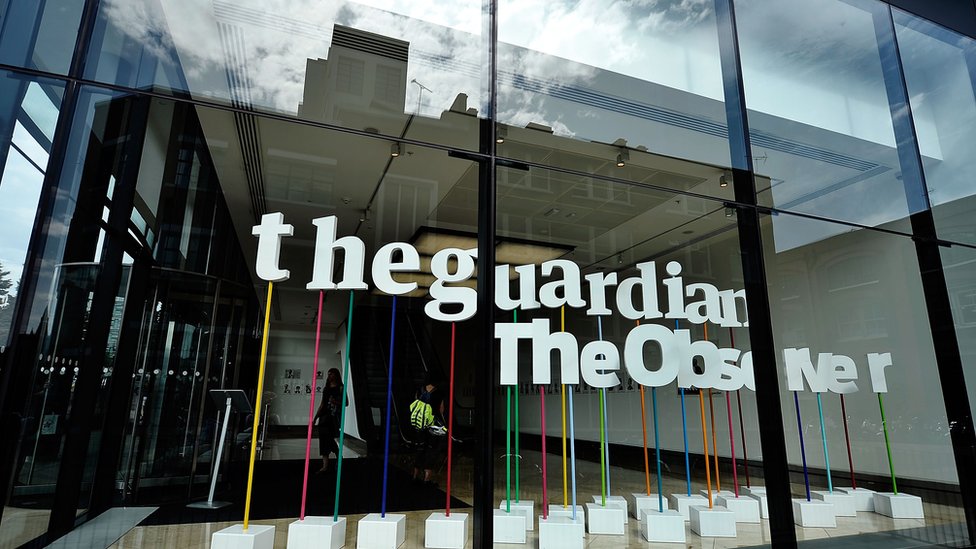DVIDS – News – Semper supra: Guardian instructor steps above the rest
Sgt. Anastacia Lange, 333rd Training Squadron Cyber Warfare Operator (CWO) course instructor, is breaking barriers as the first Guardian and the first female instructor in the course’s history.
The 333rd TRS at Keesler provides officer communications and cyber warfare initial skills training, enlisted cyber warfare initial skills training, as well as initial and advanced training on spectrum operations. The squadron is also responsible for the development, revision and instruction of network courses supporting global command and control operations.
The CWO course teaches students to develop, sustain and enhance cyber warfare capabilities in order attack adversary interests while at the same time defending U.S. national interests from attack. Airmen and Guardians alike must be able to flex and change as rapidly as the cyber field changes.
Shortly after the Space Force was officially founded in 2019, members of the newest branch began to attend cyber warfare courses within the 333rd TRS. The squadron identified a need to give new Guardians representation in the course, as well as have someone who could unite new Space Force operational needs with current technical training structures.
One individual stood out amongst her peers.
“I asked the Instructor Supervisors if we had any rockstar Guardians and they unanimously suggested Sgt. Lange,” said Master Sgt. Kyle Griffin, former 333rd TRS flight chief. “She could already tie concepts in CWO back to Guardian objectives and was intelligent, motivated and well-spoken. I asked her if she had an interest in being an instructor someday, and she said yes.”
Joining the 333rd TRS instructor cadre isn’t the first time Lange has embraced uncharted territory. While she originally enlisted in the Air Force, she knew she couldn’t pass up an opportunity to be a part of the newest branch.
“How often do we get to see a whole new force structure being established?”, said Lange. “It got me thinking that there is no other opportunity to make a difference and establish the kind of force that I want to see than by…



